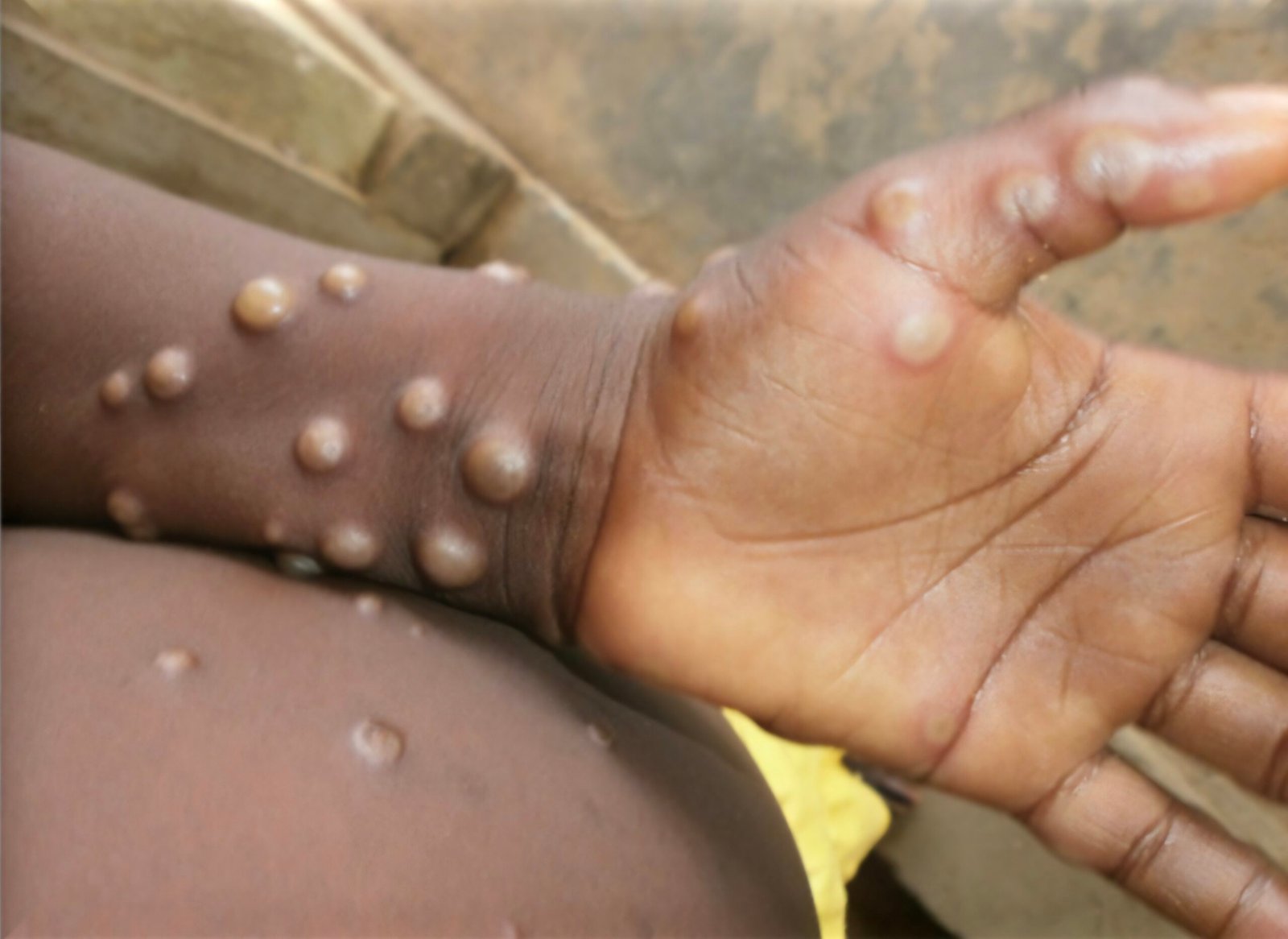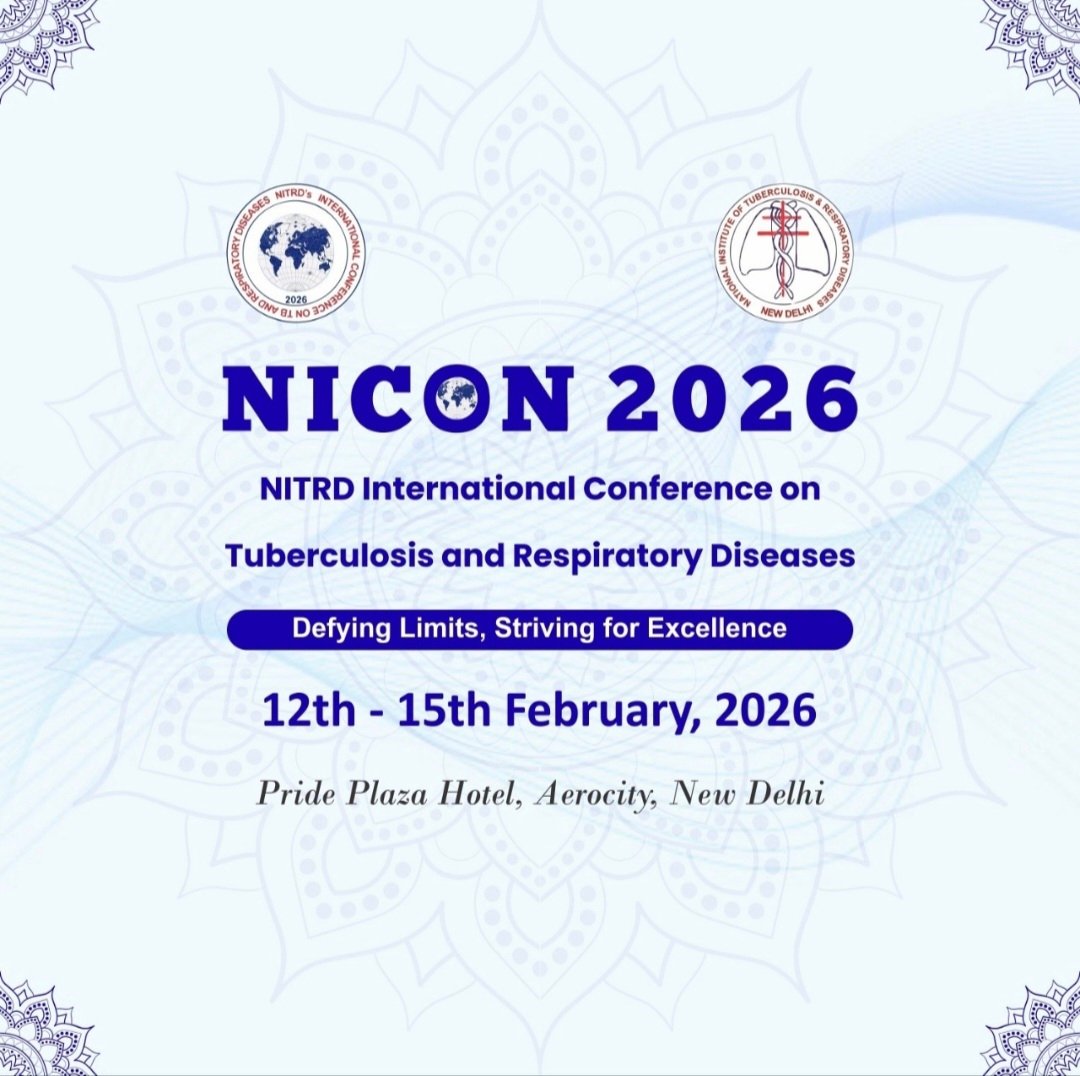Disclaimer: This post is for academic purposes only. Please read the original document if you intend to use them for clinical purposes.
This document from the World Health Organization (WHO), published in March 2025, underscores the critical role of social and behavioural research in effectively responding to the Mpox (formerly Monkeypox) Public Health Emergency of International Concern (PHEIC) declared in August 2024 and ongoing as of November 2024. Recognizing that Mpox outbreaks are as much social events as biomedical ones, the guidance provides principles and considerations for designing, conducting, and utilizing social and behavioural research to inform public health strategies, address community-based challenges, and ultimately control the spread and impact of Mpox. The document emphasizes ethical conduct, stakeholder and community engagement, data protection, and the need to strengthen the research environment to facilitate timely and impactful research.
Themes:
1. The Importance of Social and Behavioural Research for Mpox Response:
- The guidance firmly establishes social and behavioural research as essential for an effective Mpox public health response, going beyond purely medical interventions. It identifies key community-level challenges where social and behavioural research can contribute, including: understanding transmission drivers, tackling misinformation and stigma, optimizing community-based care, supporting community health workers, fostering cross-border collaboration, and addressing the impacts of conflict and inequity.
- The emergence of new clades, like clade 1b MPXV, and evolving epidemiological patterns necessitate ongoing social and behavioural research to understand the changing dynamics of the outbreak.
2. Guiding Principles for Research Design and Delivery:
- Clear Questions and Objectives: Research should have well-defined questions that prioritize community public health needs and are locally relevant. End-users, including at-risk communities and ministries of health, should ideally be involved in developing or refining these questions.
- Detailed Protocols: All research, including rapid assessments, should be documented in a protocol outlining the background, rationale, methods, ethics, and data management. Master protocols can be useful for consistent research across locations.
- Rigorous and Ethical Methods: Research methods must be scientifically sound, ethically appropriate, and designed to produce actionable results. Theoretical frameworks should be clearly described and guide the research process.
- Contextual Adaptation: Research plans should be flexible and adapted to the local context, including low-resource, urban, or crisis settings. Tools should be translated and pre-tested in local languages.
- Inclusive Participant Selection: Proactive efforts are needed to ensure fair access to research for all groups, especially those at higher risk of exposure, stigma, or marginalization. Exclusion criteria should be clearly justified.
- Sensitive Recruitment: Recruitment processes must be respectful, minimize risks, and avoid reinforcing stigma. Participatory approaches can help understand vulnerabilities and plan acceptable recruitment strategies.
- Ethical Data Collection: Data collection should be judicious, lean and purposeful focusing only on necessary data.
- Efficient and Methodologically Rigorous Data Analysis: Analysis plans should be informed by research questions and theoretical perspectives, aiming for timely and relevant findings disaggregated by key demographics. Interim reporting of confident findings is encouraged.
- Prompt and Transparent Reporting: Findings should be reported promptly and transparently to inform real-time decision-making, without exacerbating stigma. Interim findings should be shared with clear disclaimers.
- Expert Research Teams: Teams should include experts in emergency-relevant social and behavioural science, aligned with the research questions and methodologies {e.g., anthropologists, sociologists, RCCE (Risk Communication and Community Engagement) specialists}.
3. The Importance of Stakeholder and Community Engagement:
- Multisectoral Stakeholder Engagement: Identifying and engaging diverse stakeholders {ministries of health, operational partners, Civil Society Organisations (CSOs) , community organizations, etc.} is crucial for relevant, ethical, and inclusive research. Engagement levels will vary based on roles and responsibilities.
- Meaningful Community Engagement: This is distinct from public health response engagement and focuses on actively involving affected communities in decision-making and research planning to build trust, respect, and increase the social and ethical value of research. This includes shaping research design, delivery, and feedback mechanisms.
- Multisectoral Engagement for Priority-Setting: Research priorities should balance global, regional, and national needs with local and subnational contexts, involving diverse stakeholders. Transparency and inclusivity in prioritization are essential.
4. Ethical Conduct and Oversight:
- Adherence to Ethical Principles: Regardless of perceived time pressures, all social and behavioural research for mpox must adhere to international research norms and ethical principles (e.g., respect for persons, beneficence, justice).
- Ethical Oversight: While some data collection for operational response might be classified as public health practice and exempt from formal ethics review in some countries, adherence to ethical principles is still paramount.
- Independent Ethics Review: Research should undergo ethics review by independent committees to assess potential risks and benefits. Rapid review processes should still maintain ethical rigor.
- Anticipating and Mitigating Risks: Ethics review should account for risks specific to social and behavioural research, such as privacy violations, exacerbation of stigma, exploitation of vulnerabilities, and psychological distress. Community engagement in protocol development can help anticipate these issues.
- Informed Consent: Consent must be freely given, informed, and ongoing. Information about the research, risks, benefits, confidentiality, and data management must be communicated clearly in accessible formats and local languages. Alternative consent methods should be considered when appropriate.
- Mitigating Inadvertent Harm: Research design must prioritize confidentiality, safety, and stigma reduction. Sensitive information, such as sexual behaviour, requires careful handling to protect participants from legal, social, physical, or psychological harm, especially in contexts where same-sex relationships are criminalized. Language used in data collection and reporting must be neutral and non-judgmental.
- Ethical Participant Compensation: Compensation should be context-specific, proportionate, and never constitute undue influence. Local norms and ethics committee review are important.
5. Data Protection and Data-Sharing:
- Robust Data Protection: Researchers have a scientific and ethical responsibility to implement robust policies and procedures for data management and protection, safeguarding participants’ privacy and anonymity, especially for marginalized groups.
- Secure Data Management: This includes de-identification, encryption, secure storage on institutional servers, restricted access, regular audits, and secure data destruction. Specific considerations are needed for ethnographic data.
- Ethical Data-Sharing: Where ethically possible (maintaining confidentiality and privacy), research data should be made rapidly available for reuse to optimize benefits.
- Considerations for Qualitative Data: Sharing qualitative data can be more challenging due to its sensitive nature and the difficulty of full de-identification. Researchers must carefully consider potential breaches of confidentiality.
- Transparency with Participants: Participants must be informed during the consent process that their data may be shared and how their privacy will be protected.
- Institutional Responsibility: Data-sharing policies and procedures are generally the responsibility of the lead researcher and sponsoring institution.
6. Environment for Social and Behavioural Research:
- Supportive Research Infrastructure: Timely research requires a supportive environment with strong institutional and operational structures, processes, and systems for funding, governance, ethics oversight, data management, partnerships, networks, and coordination.
- Strengthening Existing Systems: Research efforts should aim to strengthen existing research systems and capacities (e.g., working through local academic institutions) rather than creating parallel structures.
- Capacity-Strengthening: Social and behavioural research should build the capacities of local researchers, research ethics committees, and multisectoral partnerships. This may involve training, inclusion in study design, and strengthening ethics review processes for social and behavioural research. Pre-approval of generic protocols can enhance preparedness.
- Fair Networks and Partnerships: Research should involve local and national researchers to the maximum extent possible, based on fair partnerships regarding benefits, risks, publication, and recognition.
- Alignment with Response Frameworks: Research should be conducted in consideration of established response plans and in partnership with those responsible for national, state, and community health systems. Researchers should understand emergency response frameworks and decision-making structures to ensure research relevance and impact.
Conclusions:
The WHO emphasizes that integrating social and behavioural research into public health responses is crucial for effective Mpox control and for strengthening broader research systems. Rapid, contextualized, and collaborative research has the potential to drive meaningful change. However, practical challenges in delivering timely and impactful research remain.
Credit for image: WHO
Citation: Interim guidance on social and behavioural research for the mpox public health response, March 2025. Geneva: World Health Organization; 2025. https://doi.org/10.2471/B09339. Licence: CC BY-NC-SA 3.0 IGO.









